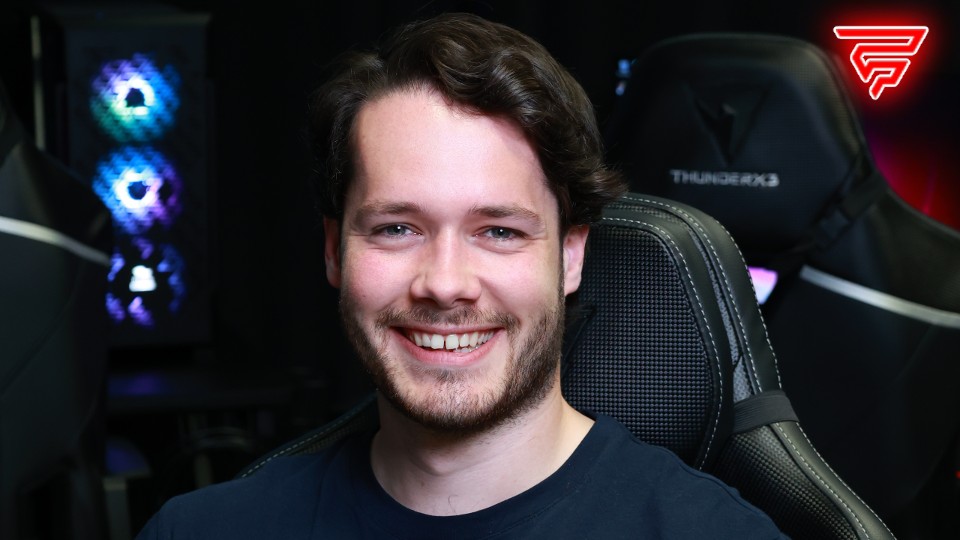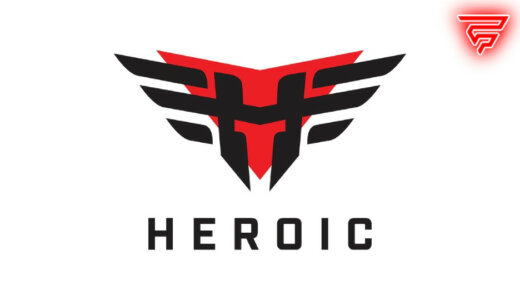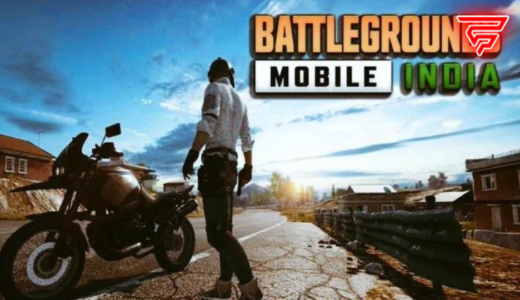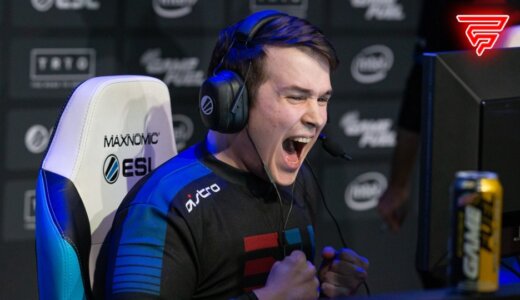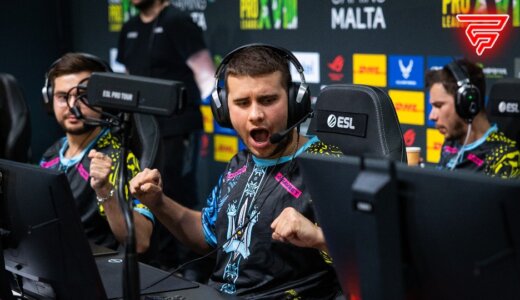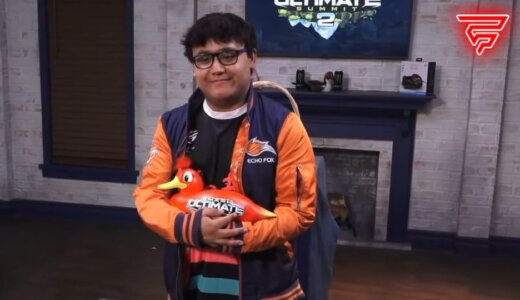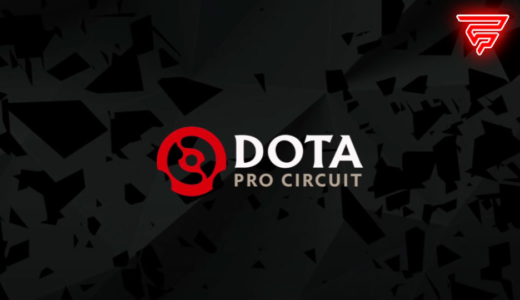There’s a generally accepted view that aside from skill, talent, and countless hours put into practice, what differentiates average from top-level performance is the athlete’s ability to withstand stress and perform under immense pressure. However, there’s another factor that plays a role — an athlete’s well-being.
Indeed, be it physical or mental health, the state of mind and body hugely impacts not only performance but pretty much every aspect of one’s life. And while the esports industry is finally on the right track towards fostering a healthier lifestyle, discussions around these topics are still necessary for ensuring a more sustainable future for people in it.
That’s why Fragster sat down with Callum Abbott, Sport and Exercise Psychologist who’s aside from his broad background in the sports sector also working in esports, currently as a psychologist for Team Endpoint.
Besides the importance of psychology in esports, we discussed Callum’s role in supporting team Endpoint’s players, how does his work with the teams look like in practice, how he’s able to stay above all of the issues he deals with as a part of his job, and what are his tips on taking better care of one’s mental health and coping with the pressure.
The importance of psychology in esports
Fragster: So Callum, you’re a sports and esports psychologist who’s helping athletes in their pursuit of excellence. You probably get this question a lot, but can you talk about why psychology in esports is important?
Callum Abbott: Psychology in esports is so important because often esports games are more about mentality than physicality at a certain level. In esports, we can’t beat our opponents by sprinting, tackling them, or out-maneuvering them physically – we must do this through small keystrokes and mouse clicks.
Additionally, mentality, motivation, and well-being are very important in esports as there is not as clear a physical limit to play as there is in traditional sports. If you played football, after a few hours of training your body would force you to stop from fatigue. In esports, this simply isn’t an issue for most. Instead of physical fatigue, you can often see mental fatigue, burnout, and a loss of motivation from over-training online which is why it’s so important to work with a sport psychologist to help prevent and manage these challenges.
Get to know more about sport psychology in #esports and my role with @TeamEndpoint in this video 🧠 (Please ignore the bruises, I had an American Football match the day before we filmed 😅) https://t.co/Hah4lvDqSf
— Callum Abbott (@AbbottSportPsy) June 29, 2022
While it’s a well-known fact that athletes often struggle with mental health and burnout, the situation has been recently seemingly improving, with more and more organizations prioritizing the mental health of their players. How would you describe the current landscape when it comes to mental health in esports?
I think things are moving in the right direction, it’s brilliant to see more and more teams employing those with an awareness of mental health and well-being. Of course, there is always more that could be done, but for many esports teams, especially at the semi-pro and amateur level, it is tough to secure funding to provide such support and services. However, I am reassured by the awareness of mental well-being and the discussion of its importance within the esports community.
And where do you think we should be putting more focus and effort, as an industry and as individuals?
Overall, I think the industry needs to work closer with safeguarding bodies and parents in esports. In traditional sports, teams and organizations have robust measures in place to protect children, staff, and players — this is, unfortunately, currently lacking in esports. I work with IFoEC who released a white paper regarding this issue for those wanting to learn more about this topic.
Not only this, but I would love to see better education and awareness around the benefits of esports for parents/guardians to dive into. I feel as an industry, we could do better to include parents and family members and to publicize the benefits and realities of online gaming, in the hope that one day, professional players can receive the same level of support and understanding from family, friends, and the public, as those in traditional sports receive.
Very pleased to have the opportunity at @ifoec to produce these esports articles with @_UKCoaching. Take a look to find out more about coaching, inter-disciplinary teams, and working with parents within the fascinating discipline of #esports. https://t.co/uF7BQdakT9
— Callum Abbott (@AbbottSportPsy) July 25, 2022
Working with esports athletes
You’ve been working as a psychologist for Team Endpoint. What does your work with the teams look like in practice?
Overall I work with Team Endpoint’s players, coaches, and streamers across Rocket League and CS:GO. This work varies but can look like one-to-one sessions with individuals who may want to tackle specific issues or seek a space to discuss challenges and vent. It can also be group sessions where we cover a general topic and have team discussions, for example around communication. This support also extends to LAN, where I am lucky enough to often accompany the teams on their events. The support here is adapted for the pressures of a LAN environment, which can include managing schedules and checking in on players’ well-being.
Another fascinating trip providing sport psych support in the books. This time for the @TeamEndpoint CS:GO players in Malta for #ESLProLeague. Always a privilege to talk with the amazing coaches and staff, and to see first-hand the demands and opportunities of tier 1 CS. pic.twitter.com/yIheFl53sV
— Callum Abbott (@AbbottSportPsy) September 5, 2022
When working with athletes, what do you consider the most challenging part of your job?
Personally, the most challenging part of the job can be the high turnover rate in esports. Whilst in traditional sports teams, one or two players may change in a yearlong season, in esports, whole teams and coaching staff can change almost every three months depending on the game. This means that while most sport psychology work takes time, we must be selective about what we choose to work on considering the time constraints. Additionally, it means that with each new team, the process must restart, which can be challenging as this can involve intensive assessment and analysis which also takes time.
While you’re a professional in your field, the work of a psychologist in a high-pressure environment can undoubtedly be burdensome. How do you stay above all of the issues you help your clients to deal with?
Brilliant question! To call ourselves sport and exercise psychologists in the UK, we have to go through many years of training and specialization, where we work under the supervision of a highly qualified sports psychologist. During my time training, I met many brilliant sports psychologists and had a supervisor who proved a great source of support. So in times when these high-pressure environments prove challenging, I often have discussions with these individuals on how they would approach certain issues, or we just catch up and vent, which I find valuable.
Overall, for me having a peer support network is essential in this job, as you can often feel like you’re out ‘on an island’, going it alone with teams. It can help to remind yourself that there are many others facing and overcoming challenges similar to your own.

Callum with Endpoint Team at RLCS 2021-22 Winter Major Los Angeles.
How to take better care of your mental health
Can you provide some tips for gamers on how to take better care of their mental health and how to cope with the pressure?
In terms of maintaining mental well-being and minimizing the risk of burnout, one of the first things I’d say is to be wary of the ‘grind’ mentality. This is something we see a lot in esports, this idea that training or playing for more hours will automatically lead to improvement. If this is taken to the extreme and people are playing for many hours a day without breaks or rest, they may run the risk of burning out and their well-being suffering. So, taking regular breaks away from the screen can be very important. Not just breaks to watch Twitch or Youtube, but instead breaks to leave the PC and perhaps read a book, go for a short walk in a green space or even go to the gym if that’s possible for you.
In addition, engaging in a hobby away from gaming can be helpful. This could be something as simple as a musical instrument, artwork, sport, or even woodwork. Anything which you can develop and progress at away from gaming itself can be useful to maintain balance.
Finally, I’d say connect with other people. Perhaps sit in a group discord call every now and then or connect with your friends and family outside of gaming. Doing this can help remind you when the pressure mounts that gaming and esports are part of who you are and your life, but not necessarily your whole life – and that others might share similar difficulties and may support you in working through them.
Find Callum here:
Twitter – @abbottsportpsy
Personal website – www.abbottsportpsy.com
Head of Performance at www.akolyte.pro
